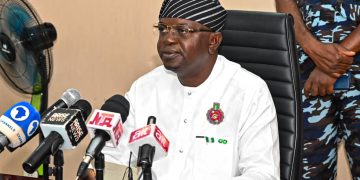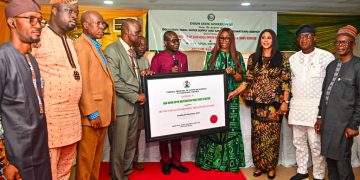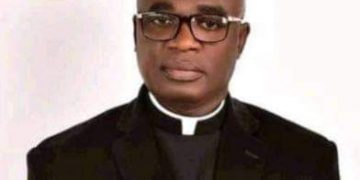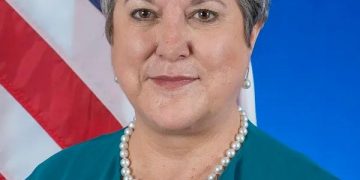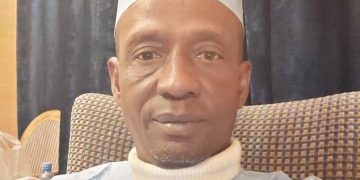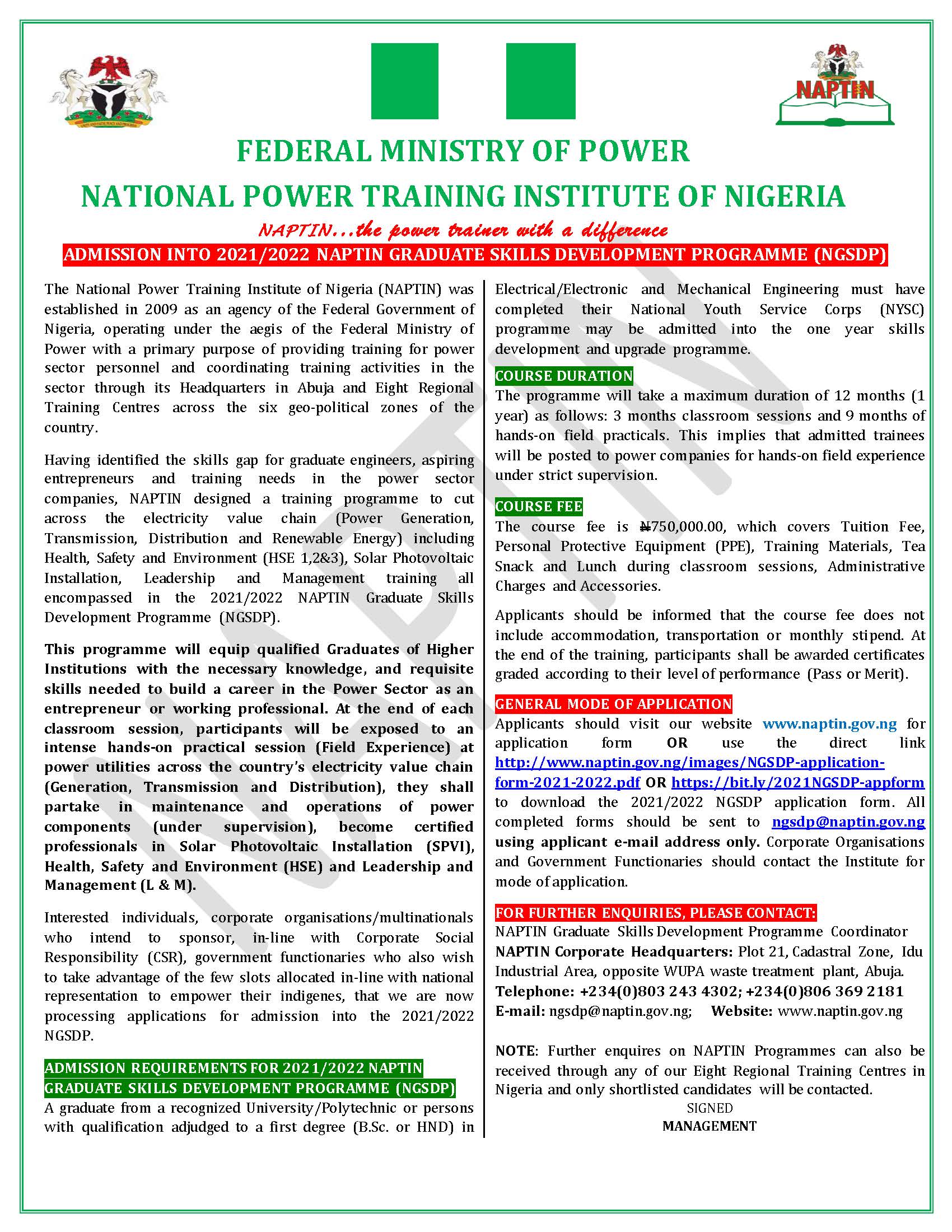By YANGE IKYAA
President of the Nigerian senate, Ahmad Lawan, has voiced out worries and equally warned ministry officials against misadvising President Muhammadu Buhari on bills passed by the national assembly and forwarded to him for presidential assent.
Lawan gave the warning on Tuesday during day two of a public hearing organized by the senate committee on health to deliberate on three bills presently before the upper chamber of the national assembly.
Buhari and his family members are known to have a history of travelling for medical treatment abroad. The president is currently in the UK for what his media aide, Femi Adesina, called routine medical checks. He is expected to spend the next two weeks in London before returning to Nigeria.
The bills in question are “A Bill for an Act to Amend the Orthopedic Management Board Act No 91, 1979 and Other Related Matters and to Provide for the Establishment of Federal Orthopedic Hospital KUTA, 2021 (SB. 279); the National University of Health and Medical Sciences Suleja (establishment etc (SB. 633) Bill; and the Federal University of Health and Medical Sciences Abeokuta, Ogun State (establishment etc) Bill 2021 (SB. 26).
According to the Senate President, some ministry officials have made it their business to frustrate bills passed by the national assembly by ensuring they are denied presidential assent.
Lawan flayed the absence of the minister of health, Emmanuel Ehanire, and of the minister of state for health, Adeleke Mamora, as well as that of other ministry officials during the public hearing on the bills in question.
He also underscored the need for representatives of the executive arm of government to be present at such hearings, noting that doing so would avail them the opportunity of making their input in light of whatever reservations they may have on a bill under consideration.
The senate president further stressed that “sometimes, the national assembly will process a bill and the bill would be taken to Mr. President for his assent, and somebody will just go round and mis-advice that the bill shouldn’t be assented to, mostly ministry people.
“So, it is always in the interest of government and good governance that when there is a public hearing, the ministry and government officials, the technical people should be around to hear the views of the people.
“If they have any objection, they should say so in the presence of everyone, so that they will listen to their arguments.
“And, therefore, it is sad that neither the minister nor the minister of state, nor anyone from the federal ministry of health is here to attend this particular public hearing. I feel it is sad, and nothing should happen to our bills.”
Lawan emphasised that the public hearing on the bills became imperative given the need to grow the health sector, by not only increasing facilities, but also enhancing the quality of personnel manning this important sector.
“There is no gainsaying the fact that the quantity and quality of personnel in the health sector is as important as the physical features of the sector.
According to him, “while we are worried about growing the structures, we cannot also be less concerned about growing the relevant human resources.
“Manpower in the health sector is a regular focus, because of its ability to make the difference between life and death. The formal educational requirements towards initial qualification is fundamental, just as training and re-training.
“Added to this is the management element, because of the need to formulate policies, and the attendant proper direction for actualization.
“It is for this reason that we cannot renege on the obligation to focus on training institutions, for a sustainable growth. This is the central focus of the Bills we are discussing today.”





















